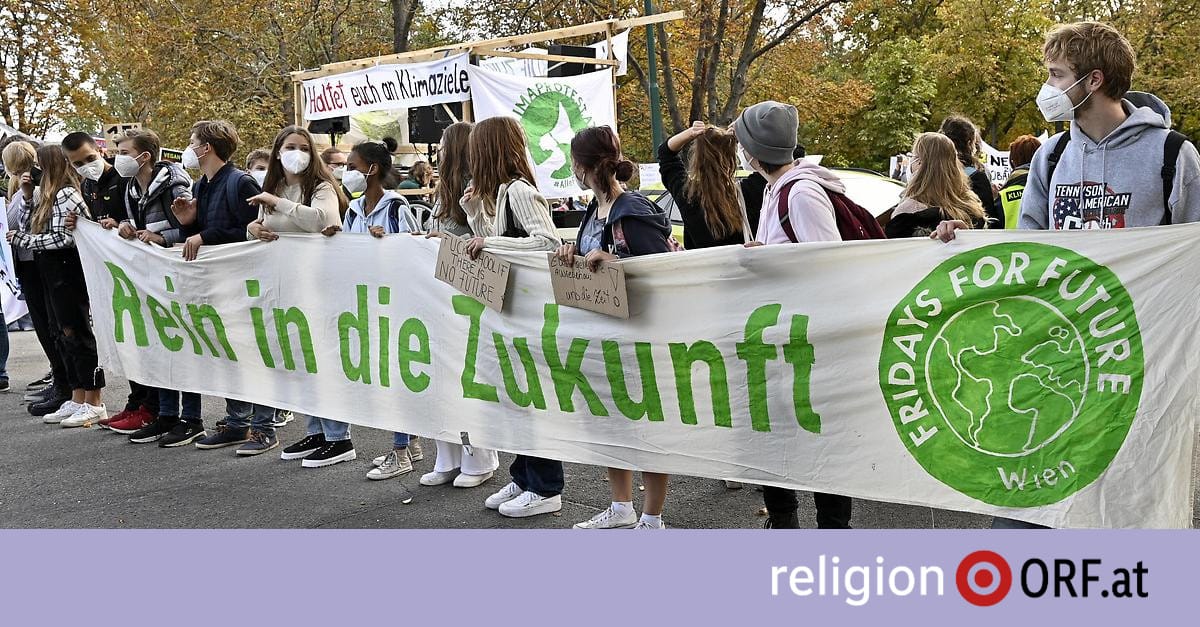The recent increase in sightings of unmanned aerial vehicles (UAVs) over military installations in New Jersey has prompted a response from the Joint Staff, which oversees operational readiness and security for the U.S. Armed Forces. This development has raised significant concerns about the implications for national security and the safety of personnel at these facilities.
The Joint Staff’s statement emphasized the importance of maintaining security at military installations, particularly in light of the evolving nature of aerial threats. The installations in question are strategically significant and host critical operations related to national defense. As such, the military has established protocols to monitor airspace and respond to any unauthorized aerial activity.
Local law enforcement agencies are working in tandem with military officials to investigate the origins of the drones. This collaborative approach aims to gather intelligence about the UAVs’ operators and their intentions. The investigation includes analyzing flight patterns, identifying potential drone launch sites, and determining whether these activities violate any federal or state regulations.
The increase in drone sightings is not an isolated incident. Across the United States, there has been a notable rise in reports of UAVs operating near sensitive sites, including military bases, airports, and critical infrastructure. This trend has raised alarms among security experts who warn that drones can pose a variety of threats, from surveillance to potential attacks.
In response to these emerging threats, the military has been enhancing its counter-drone capabilities. This includes deploying advanced detection systems that can identify and track drones operating in restricted airspace. Moreover, the military is exploring various countermeasures that can safely neutralize drones, should they pose a direct threat to personnel or facilities.
The legal framework surrounding drone operations is complex. While recreational drone use is generally permitted, flying drones near military installations is subject to strict regulations. The Federal Aviation Administration (FAA) enforces rules that prohibit unauthorized drone flights over sensitive areas. Violations can lead to severe penalties, including fines and criminal charges. The Joint Staff has urged the public to adhere to these regulations to ensure the safety and security of military personnel and infrastructure.
Public awareness is also crucial in addressing drone-related security issues. The military has called for community vigilance and encourages local residents to report any suspicious drone activity observed near military installations. This grassroots approach can significantly aid in identifying potential threats and ensuring a swift response.
Additionally, the military is conducting outreach to educate drone operators about the importance of adhering to airspace regulations. By fostering a dialogue with drone enthusiasts and commercial operators, the military hopes to mitigate risks associated with unauthorized drone flights.
The implications of unauthorized drone activity extend beyond immediate security concerns. The presence of drones can disrupt military operations, hinder training exercises, and create an atmosphere of uncertainty among personnel. As a result, the military is taking proactive measures to ensure that its installations remain secure and that personnel can focus on their missions without distraction.
In summary, the Joint Staff’s response to the recent drone sightings over military installations in New Jersey underscores the growing concern regarding UAVs’ impact on national security. As investigations continue and collaboration between military and law enforcement agencies deepens, the focus remains on identifying the origins of these drones and implementing measures to prevent future incidents. The military’s commitment to maintaining security at its installations is paramount, as is the need for public cooperation in ensuring that airspace regulations are respected.

